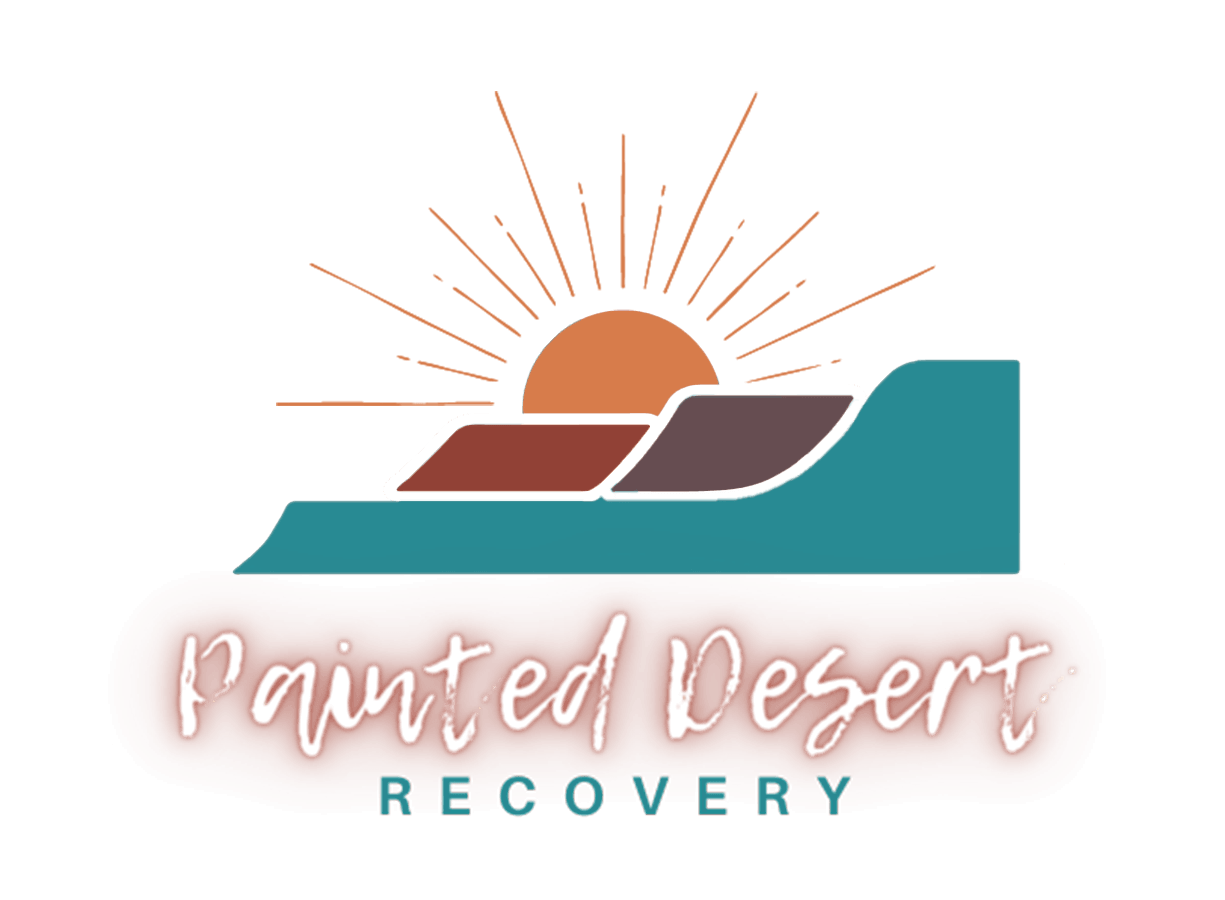Having a healthy support network is important for people in addiction recovery. Human beings are social creatures who need compassion and understanding to be healthy. When people are isolated and alone, their physical and mental health can quickly deteriorate. It’s especially true for those undergoing addiction treatment or who are in recovery. Without a good support network, it can be easy to slip back into bad habits, or even relapse.
That’s why addiction treatment facilities, like Painted Desert Recovery, put such a big emphasis on helping clients develop and nurture a support network. It’s not just building a support network, it’s also building a healthy one. What some people may think of as a support network can be detrimental to the recovery process. Learning how to tell the difference is important, and can even be life-saving in some cases. Help is readily available to assist anyone in finding healthy support, especially during addiction recovery.
What Is a Healthy Support Network vs. an Unhealthy One?
As mentioned, not every relationship is a healthy one. Sometimes a person can be toxic and harm others through deliberate or subconscious actions. To successfully recover from addiction and stay in recovery, a person has to learn how to recognize toxic relationships. People who disregard your boundaries, pressure you to use substances, or regularly put you in harm’s way are not people you should be around. Learning to let go of these people is another lesson entirely, which can be difficult. However, it must be done to protect yourself and your recovery.
A healthy support network is filled with people who genuinely care about you. They should offer compassion and support when you need it. Healthy support networks are a safe place for people to find understanding and encouragement. These support networks can be made up of just about anyone, but most commonly they are friends and family. Some find these support networks online or through support groups and group therapy. A healthy support network is made of people who want you to succeed in your goals, not belittle or drag you down.
How Do Support Networks Help Someone Recover From Addiction?
People engage in substance use for many reasons. Some are in pain and seek to soothe their pain in the only way they know how. Others feel pressured into it, either through society or individuals they respect. Many believe it’s an acceptable way to deal with stress, often by watching a family member self-medicate. Having a healthy support network can help someone break free from their addiction. This is done by providing reasons for someone not to abuse substances and reinforcing healthy coping skills.
For example, many clients at Painted Desert Recovery will often band together to form a peer support network. This way, everyone can keep an eye on each other, and it’s noticed quickly when someone needs help. There’s little time to be lonely or isolated in a support network, as there is usually a sober, exciting activity to do. These support networks can last long after treatment is finished. It gives you a place to find understanding from others who have been in a similar situation. It’s also where people swap wisdom and advice, all valuable when living in recovery.
We as people need encouragement, especially when attempting a difficult challenge such as recovering from addiction. Support networks provide this encouragement, cheering clients on through treatment and beyond. When people find reasons for joy and feel loved, they are more likely to recover from addiction and stay in recovery.
Finding Support During Treatment and Beyond
As mentioned, support networks are not just for those in addiction treatment. Every person needs a support network to be healthy. Support networks don’t have to be big. Sometimes just a few close and supportive friends are enough. Others can have huge support networks filled with dozens of people. What matters is to find a support network that feels right and comfortable for you.
Painted Desert Recovery assists clients in building and finding local support networks. Clients also find therapy that can help them connect with their families and build healthier relationships as a result. For those who want to connect with other specific types of people, there are ways to do so through the internet. The Substance Abuse and Mental Health Services Administration (SAMHSA) has an online database of several support groups. Some of these groups have people within that can easily become part of your personal support network.
It’s important to remember that everyone is deserving of understanding and compassion. Having an addiction doesn’t mean that someone is undeserving of healthy human connections. It’s not always easy to create a support network, let alone maintain one. However, once you have a support network, you can be sure that your life will improve greatly.
Having a support network means having friends and family you can depend on. They offer support, understanding, and encouragement during the times you need them the most. Because of this, support networks are considered to be vital in addiction treatment and recovery. It’s especially important at Painted Desert Recovery in New Harmony, Utah. Here, those without a support network can learn the skills needed to build their very own while receiving quality addiction treatment. Remember, anyone can recover from an addiction, especially with the right help and support. At Painted Desert Recovery, everyone is treated with compassion and understanding. If you or a loved one is struggling with addiction, don’t wait to get help. Call (844) 540-0353 today.







